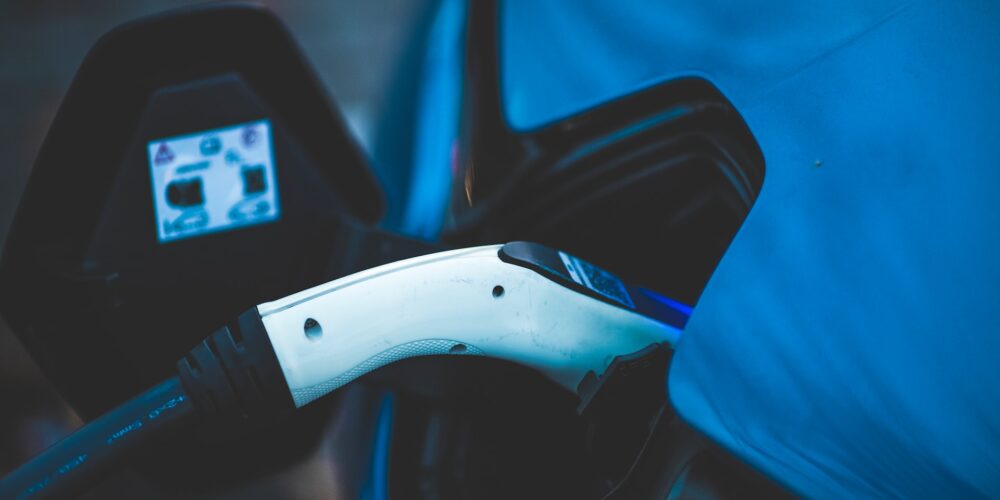When it comes to making the switch from standard fuel to electric vehicles, one of the biggest concerns that drivers have comes down to an EV’s battery life. Whether it’s how far you can travel on a single charge, or how well the battery will hold out over the years, worries about whether the hefty cost of an electric vehicle is worth it can turn many drivers away from this eco-friendly option – at least for now. While used electric vehicles are, of course, often more affordable than buying brand new, the question of whether the battery will still run at top performance is one that many potential EV owners want answered. Whether you’re about to buy a used electric vehicle or you’re concerned about a used EV you’ve recently bought, we’ve got you covered – here’s what you need to know about EVs and their battery life.
Should I Worry About Battery Degradation In A Used EV?
The short answer? It depends. Much of the potential lifespan of your electric vehicle, just like a petrol or diesel vehicle, all comes down to how the car was cared for before you took over ownership and the condition that the car is in. A recent study and analysis by battery analyst specialists Silver Power Systems (SPS), found that the performance and lifespan of EV batteries could vary widely, with some reaching the ‘end of life’ (80% capacity), after as little as 8 years. However, it’s important to note that the speed at which the vehicle’s battery hits this point really will differ from model to model or even car to car. Different levels of care and attention to proper battery maintenance can all make a difference to the lifespan of an EV’s battery.
The Truth About Used EV Batteries
While older electric vehicles may suffer from rapidly degrading batteries, new electric vehicles are far more efficient and their batteries can last anything from 15 to 20 years. In fact, it’s estimated that a significant number of these batteries are likely to outlive the car itself. There should only be a concern about the car’s battery life if you’re planning to drive long distances regularly and need a top-performance vehicle, or if the car itself is coming up to 10-15 years old. Even then, the loss can be minimal and slow, meaning it may still work perfectly for years to come.
The best way to ensure that your vehicle’s battery is in top condition is to fully inspect the vehicle before purchase or, if you already own the car, have your vehicle serviced and checked over by a qualified mechanic. Our team can help you work out the current capacity and condition of the battery and how much more use you can expect out of it.
Reducing Battery Degradation
If the battery in your EV is still performing well, you can reduce worry about it’s longevity in a number of ways. With the right care and behaviour, you can reduce degradation and improve the overall lifespan and performance. To improve the life of your battery, you can:
- Minimise Fast Charge Use – While fast charging can be incredibly helpful while out on the road, putting that much energy into your car in a short burst can put a lot of strain on your battery over time. It can cause them to degrade faster if you’re only ever using fast charging, even up to 10% reduction. Switch out your fast charging with standard charging when you can to help improve longevity.
- Avoid Extreme Temperatures – When things are too hot or too cold, batteries can suffer. Ice can cause the chemicals that react within the battery to freeze or react poorly, while excess heat can lead to strain on the thermal management systems that can run your battery down faster.
- Only Charge To 80-90% – Regularly charging your battery up to 100% can put more strain on lithium-ion batteries and even lead to rapid degradation if not managed correctly. For most daily use, an 80-90% charge is more than sufficient for running around or commuting to and from work, and can be much healthier for the battery in the long term.
For more information about electric vehicle batteries or to book your EV in for a service, we are on hand to help. Simply get in touch with a member of our team, today.

